study
Type of resources
Available actions
Topics
INSPIRE themes
Keywords
Contact for the resource
Provided by
Years
Formats
Representation types
Update frequencies
status
-

-

-
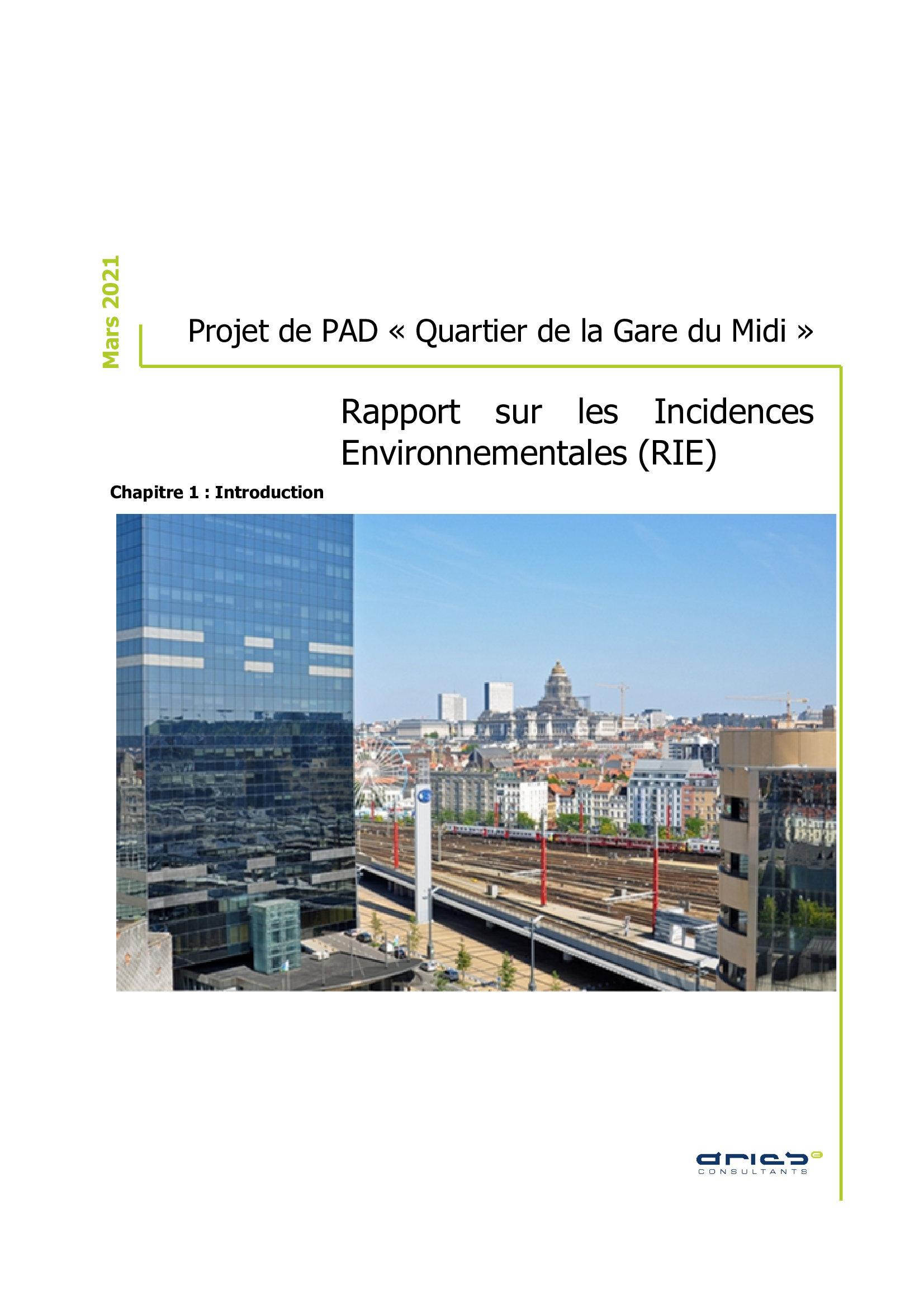
Master Development Plan (MDP) project of the "Gare du Midi area", Environmental Impact Report (EIR)
-

No abstract
-

-
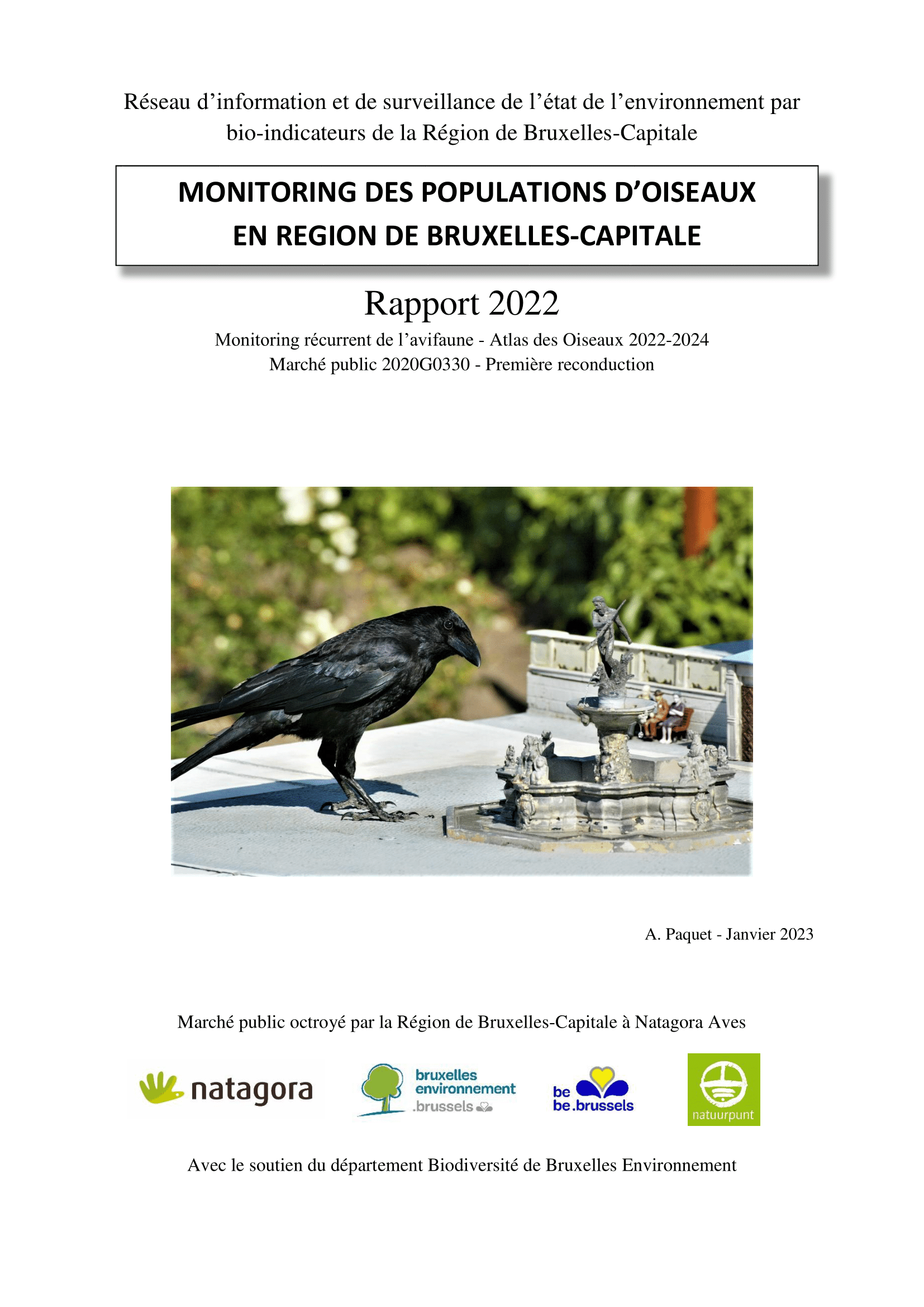
The Monitoring of bird populations in the Brussels-Capital Region, commissioned by Brussels-Environment, is carried out annually by the Studies Department of Aves Natagora. It concerns common breeding species - using the listening point method -, swallow colonies, exotic species, breeding waterbirds and wintering waterbirds. Specific surveys are also carried out at the request of Brussels-Environment. This report represents results from the year 2022.
-
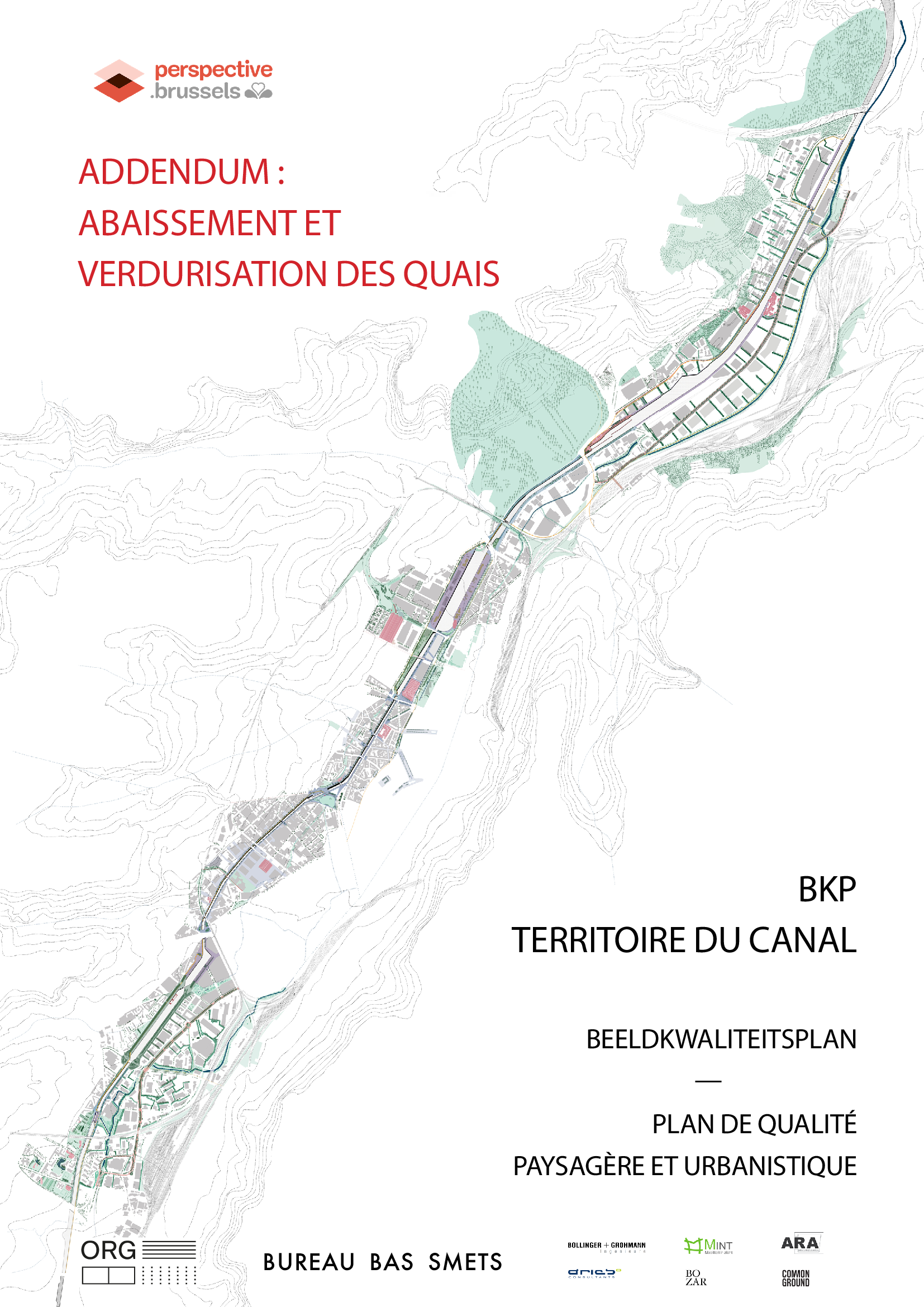
Following a request from the Brussels Regional Government and within the framework of the BKP, an additional study was carried out in 2020 to investigate the possibility of lowering and greening the canal banks. This would strengthen the link between public space, water and nature. The objective of this feasibility study was to: -identify the land on the canal that could be transformed into quality public spaces ; -evaluate the technical and spatial constraints to investigate the possibilities of greening the banks, both on the banks themselves and on the waterway.
-
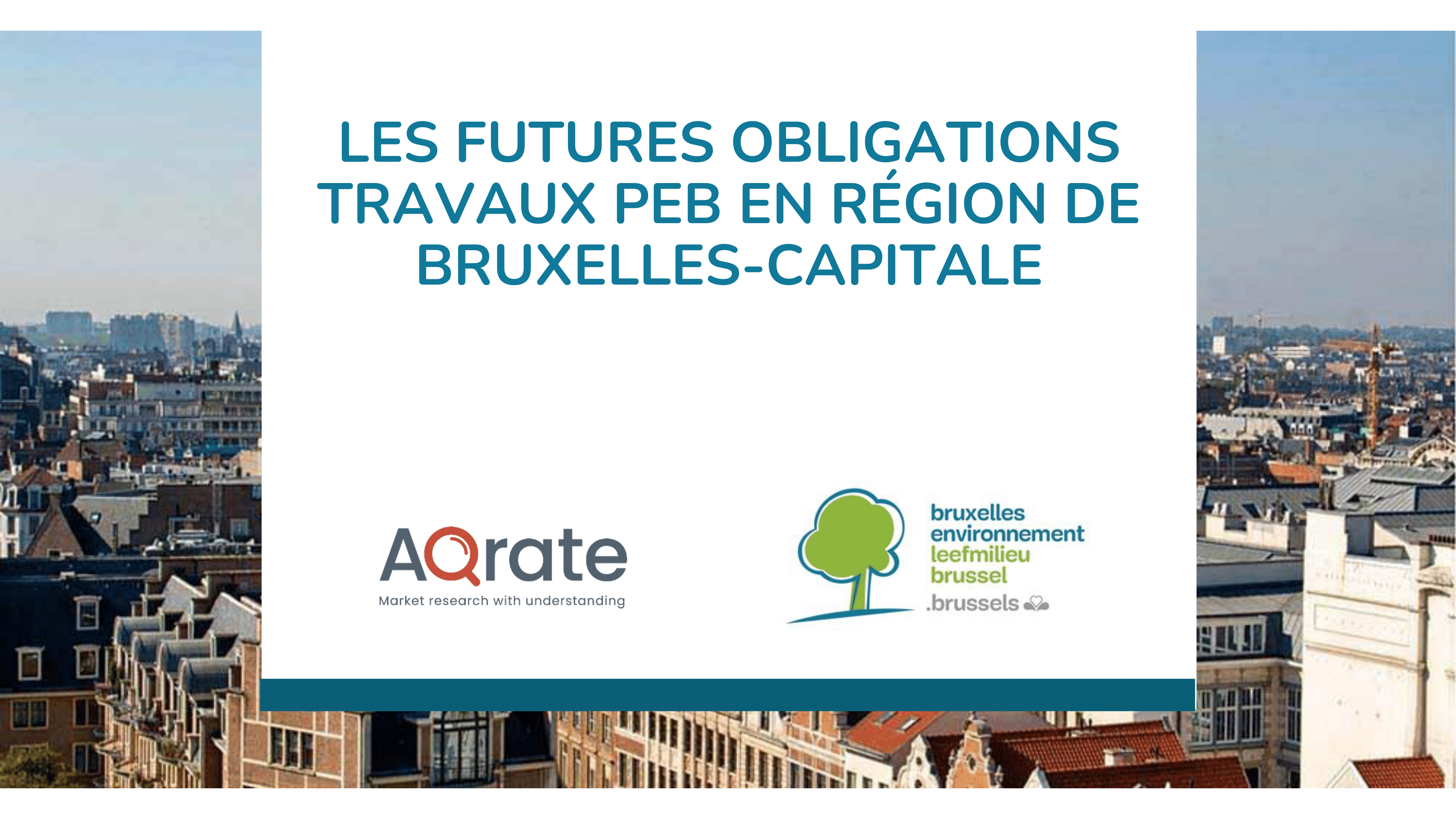
The objectives of the survey are to determine the level of understanding of the different concepts relating to energy and EPB, and to measure the level of understanding and acceptance among homeowners and property managers of future EPB obligations in the Brussels-Capital Region, as well as exemptions and financial aid.
-
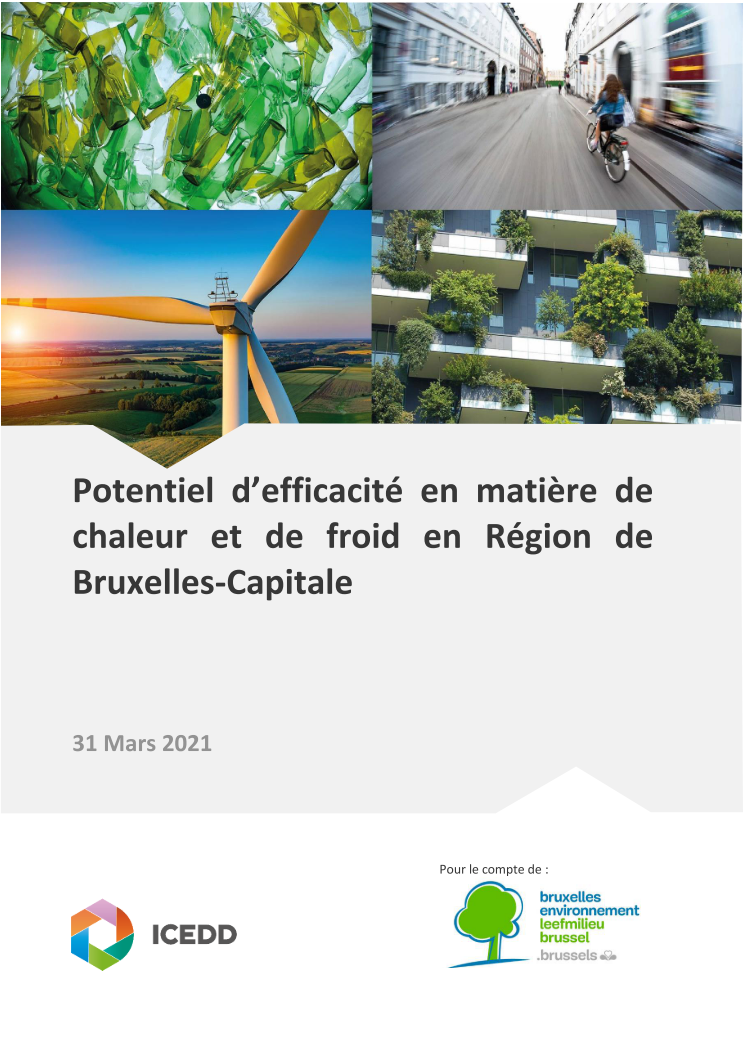
This study first characterises the current heat and cooling needs in the Brussels-Capital Region as well as the evolution of these needs until 2050. A mapping of these needs is then presented, as well as a visualisation of the main existing heat sources in the Brussels-Capital Region. The technical and economic potential of cogeneration is then calculated. Finally, the study compares the different solutions for meeting heat needs, including the distribution of heat in thermal energy networks.
-

 Geobru catalogue
Geobru catalogue